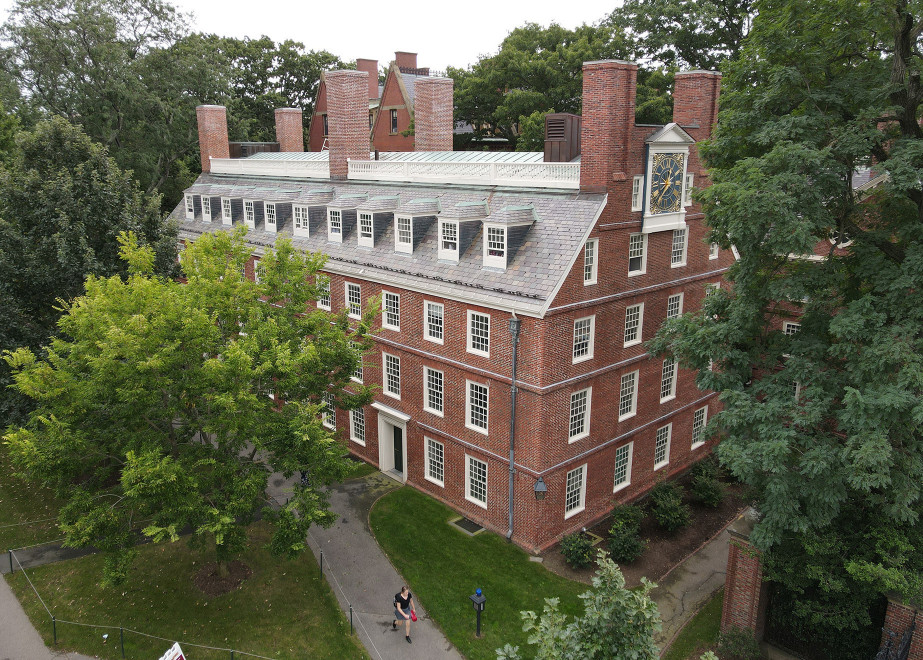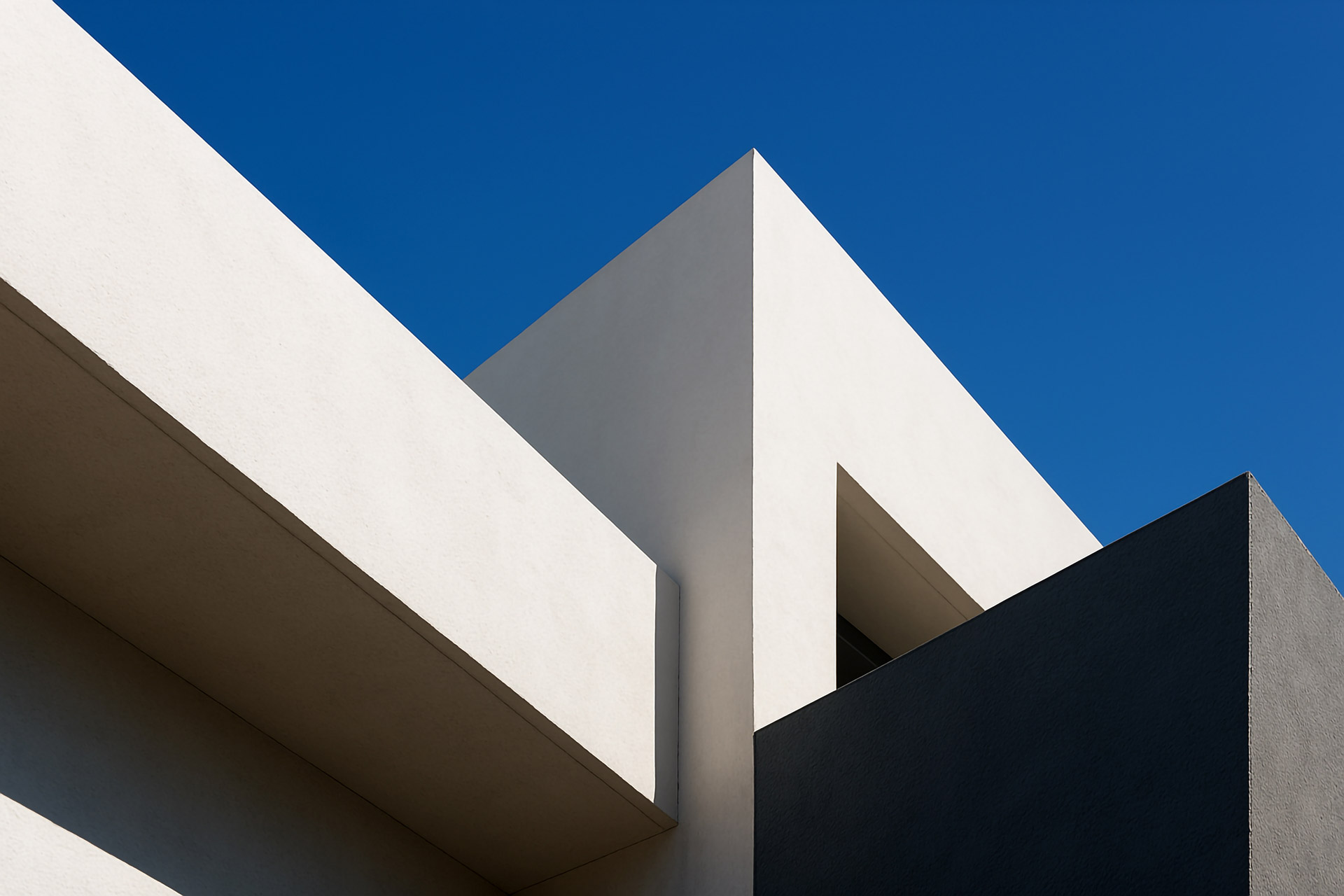
Massachusetts Hall - Harvard University
Massachusetts Hall - Harvard University
CMTA was selected by Harvard University to complete a replacement and modernization of the MEP systems in their most prestigious building.
Massachusetts Hall—built in 1720—has a rich history. Predating the formation of the United States, the Hall housed the continental army during the American Revolution. The building currently serves as a senior-level office space and student dormitory.
With the building’s longstanding history, MEP operations were outdated and lacking modern energy-efficient technology.
Due to the building’s low floor-to-floor height and historical significance, CMTA needed to apply innovative solutions to complete the project with minimal disruption to operations and historical integrity.
Harvard University faced an array of challenges, including:
- Preserve the historic and architectural beauty of the building, while modernizing the mechanical and electrical systems
- Renovate the building on a tight schedule so that construction would not disturb university operations
- Improve indoor air quality and occupant comfort in a 300-year-old building
To update the outdated facility while preserving historical integrity, CMTA provided expert solutions including:
- Detailed planning and pre-purchasing of long lead time items so that construction could be completed over the summer break
- Implementation of a low-velocity Variable Air Volume (VAV) system that integrated small vertical duct risers within the wall pilasters and millwork, reducing energy expenditure and noise
- Integrated redundancies for the HVAC system, reducing energy-costs and equipment degradation
- Upgraded MEP systems including a new bathroom core and elevator throughout all building levels
- Mechanical ventilation for all office spaces through either central mixed air handlers or dedicated outdoor air handlers to improve air quality
- CO2 controls for higher occupancy areas like conference rooms
CMTA’s strategic design approach reduced the building’s Energy Use Intensity (EUI) from 125.3 to 93.5 and delivered a 25% overall energy reduction. The renovation also improved thermal comfort and acoustic performance, enhancing both efficiency and the occupant experience.
In the first year of operation post-retrofit, the buildings’ carbon footprint was reduced by 90 Metric Tons of CO2e.
ASHRAE International Technology Award


The upkeep of Massachusetts Hall requires significant attention to historical preservation...These long-overdue renovations will also ensure that the building is contributing to university goals to reduce on-campus greenhouse gas emissions, while making it as accessible as possible.
Our success depends on our clients’ success.
Recent news.











